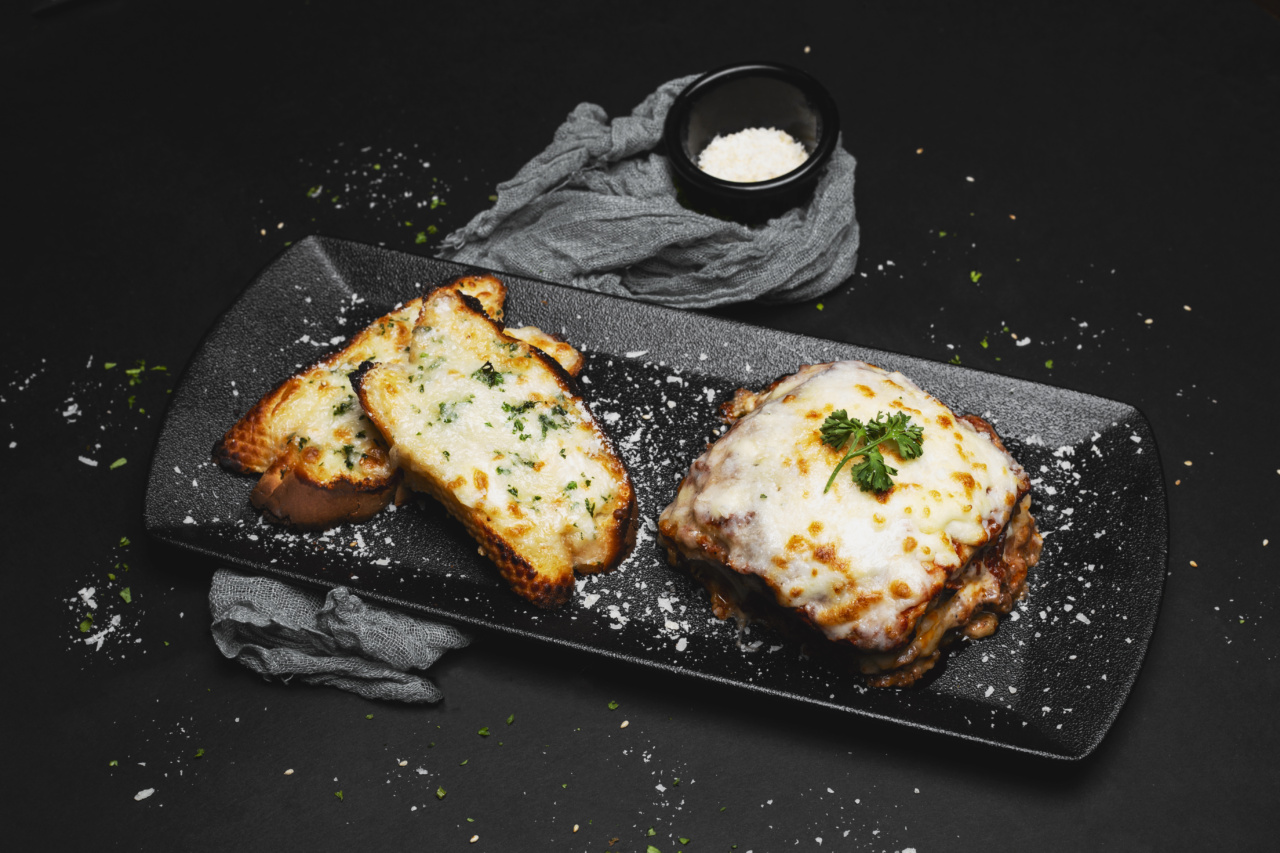For cheese lovers, there’s nothing quite like the indulgence of biting into a creamy, gooey piece of cheese. However, for some people, this indulgence can come with an unpleasant side effect – bloating.
The bloating that follows consuming cheese can be uncomfortable and can put a damper on your cheese-eating enjoyment. But fear not, cheese lovers, we have some tips and tricks to help you beat the bloat and enjoy your favorite dairy delight without any discomfort.
Understanding the Bloat
Before we delve into the ways to beat the bloat, it’s important to understand why cheese can cause bloating in the first place. Cheese, like other dairy products, contains lactose – a natural sugar found in milk.
In order to digest lactose properly, our bodies need an enzyme called lactase. However, some people have low levels of lactase, leading to lactose intolerance. When lactose intolerance is present, consuming dairy products can cause digestive symptoms such as bloating, gas, diarrhea, and stomach cramps.
Therefore, the bloat experienced after eating cheese is often a result of lactose intolerance.
Choose the Right Cheese
If you’re prone to bloating after consuming cheese, choosing the right type of cheese can make a big difference. Not all cheeses have the same amount of lactose, so opting for low-lactose or lactose-free cheeses can help reduce bloating.
Hard aged cheeses like cheddar, Swiss, and Parmesan tend to have lower lactose content compared to soft and fresh cheeses like brie or cottage cheese. Therefore, opting for these hard cheeses can be a better choice for those looking to beat the bloat.
Go for Fermented Cheeses
Fermented cheeses, such as blue cheese or feta, undergo a process that breaks down lactose, making them easier to digest for those with lactose intolerance.
The bacteria used in the fermentation process convert lactose into lactic acid, which may help reduce the chances of experiencing bloating. So, if you’re a cheese lover dealing with lactose intolerance, indulging in some fermented cheese options might be a good way to satisfy your cravings without the bloating.
Pair Cheese with Digestive Aid
If you know you’re sensitive to lactose but still want to enjoy your favorite cheeses, certain digestive aids can be helpful in reducing bloating.
Lactase supplements, available in tablet or liquid form, can provide the necessary enzyme to break down lactose and facilitate digestion. Taking a lactase supplement before consuming cheese can significantly decrease bloating and other digestive symptoms.
It’s important to follow the recommended dosage instructions and consult with a healthcare professional before incorporating any supplements into your routine.
Opt for Smaller Portions
It’s common knowledge that excess consumption of any food can lead to discomfort, and the same goes for cheese. To avoid the bloat, it’s advisable to enjoy cheese in smaller portions.
This not only helps with digestion but also allows you to savor the flavors and textures of different cheeses without overloading your system. Paying attention to portion sizes and practicing mindful eating can go a long way in preventing bloating and ensuring a more enjoyable cheese-eating experience.
Experiment with Plant-Based Alternatives
If you find that your body simply doesn’t agree with lactose, exploring plant-based alternatives can be a game-changer for your cheese cravings.
There are numerous dairy-free cheeses made from nuts, soy, or tapioca that can provide a similar taste and texture to traditional cheese. These plant-based alternatives are often lactose-free and can help you satisfy your cheesy desires without experiencing any bloating or digestive discomfort.
Try Aged Cheeses
Aged cheeses, such as gouda or gruyere, undergo a longer fermentation process, which results in the breakdown of lactose and a reduction in lactose content. The longer the aging process, the lower the lactose content is likely to be.
Therefore, opting for aged cheeses can be a good strategy for cheese lovers who want to minimize bloating while still enjoying a wide variety of flavors. Just be sure to check the labels or ask your local cheesemonger for advice on the aging process and lactose content of different cheeses.
Combine Cheese with Fiber-Rich Foods
Adding fiber-rich foods to your cheese consumption can help ease digestion and prevent bloating. Fiber aids in promoting regular bowel movements and can mitigate the effects of lactose intolerance.
You can pair your cheese with fiber-rich fruits, such as apples or berries, or enjoy it with whole-grain crackers or bread. This combination not only adds a delightful mix of textures and flavors but also enhances digestion, making it easier for your body to process the lactose present in the cheese.
Take a Break from Cheese
While cheese is undoubtedly delicious, sometimes taking a break from it can be beneficial, especially if you’re experiencing persistent bloating or other digestive issues.
Giving your body a break from cheese allows your digestive system time to recover and reset. You can use this break to explore alternative sources of calcium and protein in your diet, such as leafy green vegetables, tofu, or fortified plant-based milk.
It’s important to listen to your body and make adjustments that support your overall well-being.
Stay Hydrated
Hydration plays a vital role in digestion and overall gut health. Drinking an adequate amount of water throughout the day helps keep your digestive system running smoothly, minimizing the chances of experiencing bloating after consuming cheese.
It’s recommended to drink at least eight glasses of water daily and to increase your intake if you’re indulging in cheese or other dairy products. Staying hydrated not only helps with digestion but also contributes to maintaining healthy skin, joints, and overall well-being.
Avoid Eating Cheese on an Empty Stomach
Eating cheese on an empty stomach can increase the likelihood of experiencing bloating and other digestive discomforts. When consumed alone, cheese can sit in the stomach for a longer period, leading to slow digestion and potential bloating.
To avoid this, it’s advisable to pair cheese with other foods, such as whole-grain crackers, fruits, or vegetables. Combining cheese with other ingredients helps promote a more balanced digestion process and reduces the chances of unpleasant post-cheese bloating.
Conclusion
Bloating after consuming cheese can put a damper on the joy that comes from indulging in your favorite dairy delight.
However, with the right strategies and choices, cheese lovers can beat the bloat and enjoy their beloved cheeses without the discomfort.
Opting for low-lactose or lactose-free cheeses, trying fermented or aged cheeses, pairing cheese with digestive aids or fiber-rich foods, exploring plant-based alternatives, taking breaks, staying hydrated, and avoiding consuming cheese on an empty stomach are all effective ways to minimize bloating and maximize cheese enjoyment. So, go forth, cheese lovers, and savor your cheesy moments without the bloat!.






























